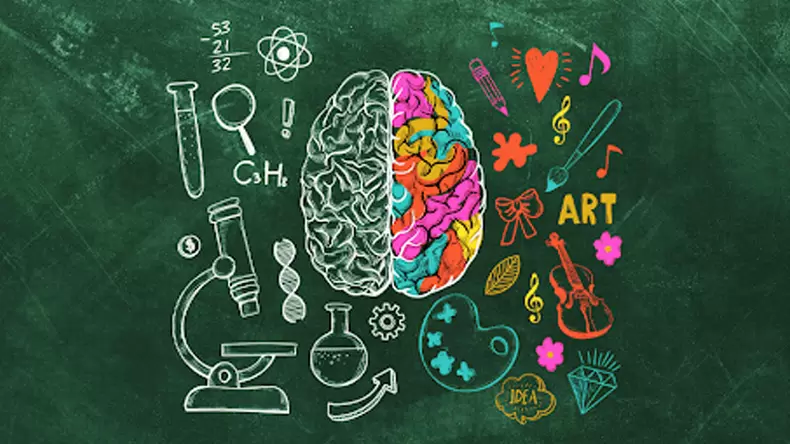Who Are You in Chiikawa Today? Quiz
Understanding Intelligence Quotient (IQ): What You Need to Know
IQ, or Intelligence Quotient, is a measure of intelligence and cognitive abilities. It is a numerical score derived from standardized tests that are designed to assess an individual's mental abilities and potential. The term "IQ" was first coined by German psychologist William Stern in 1912 as a way to describe an individual's mental age in relation to their chronological age.
IQ tests typically assess a range of cognitive skills, such as verbal and nonverbal reasoning, spatial awareness, memory, and problem-solving abilities. The results of an IQ test can be used to provide insights into an individual's intellectual strengths and weaknesses, as well as their potential for academic and professional success.
However, it is important to note that IQ tests are not a comprehensive measure of intelligence, and they do not take into account other important factors such as creativity, emotional intelligence, or practical skills. Additionally, cultural and environmental factors can influence test results, and IQ scores should be interpreted with caution and used in conjunction with other measures of intelligence. 
Understanding Intelligence Quotient (IQ) Scores
IQ scores are calculated based on a person's performance on the test, compared to the performance of a standardized population. The average IQ score is 100, and scores are distributed on a bell curve, with most people falling within the range of 85-115. The average IQ is 100, and scores range from 70 to 130 considered "below average" to "superior".
IQ scores can be useful in a variety of settings, including education, employment, and research. In education, IQ scores may be used to identify gifted students or to provide individualized educational plans for students who may need extra support. In employment, IQ scores may be used as a factor in hiring decisions or to identify employees who may be suitable for certain roles.
It's important to note that IQ scores are just one measure of intelligence and cognitive abilities. There are many different types of intelligence, including emotional intelligence, social intelligence, and practical intelligence, that cannot be fully captured by a standardized test. Additionally, IQ scores can be influenced by factors such as cultural and socioeconomic background, education, and other environmental factors.





























